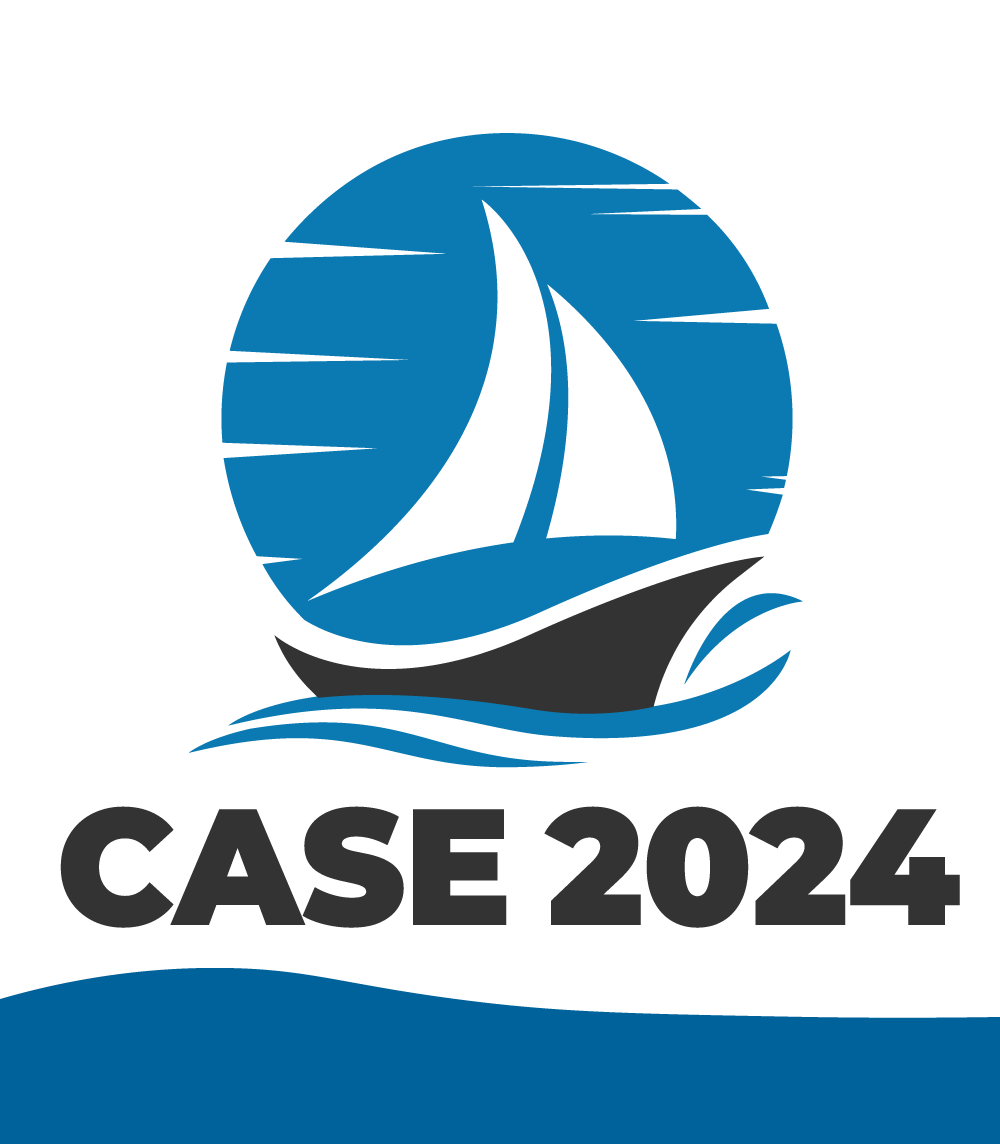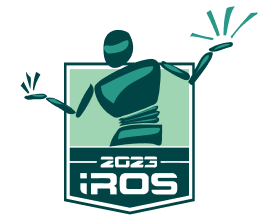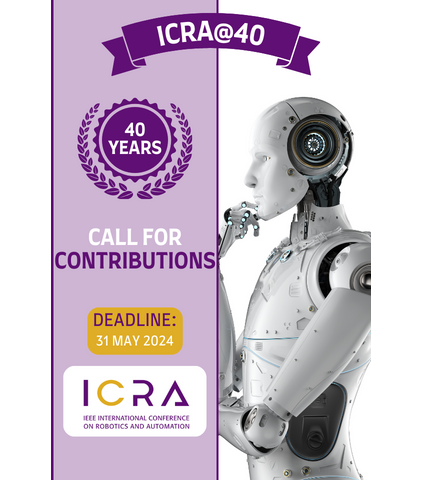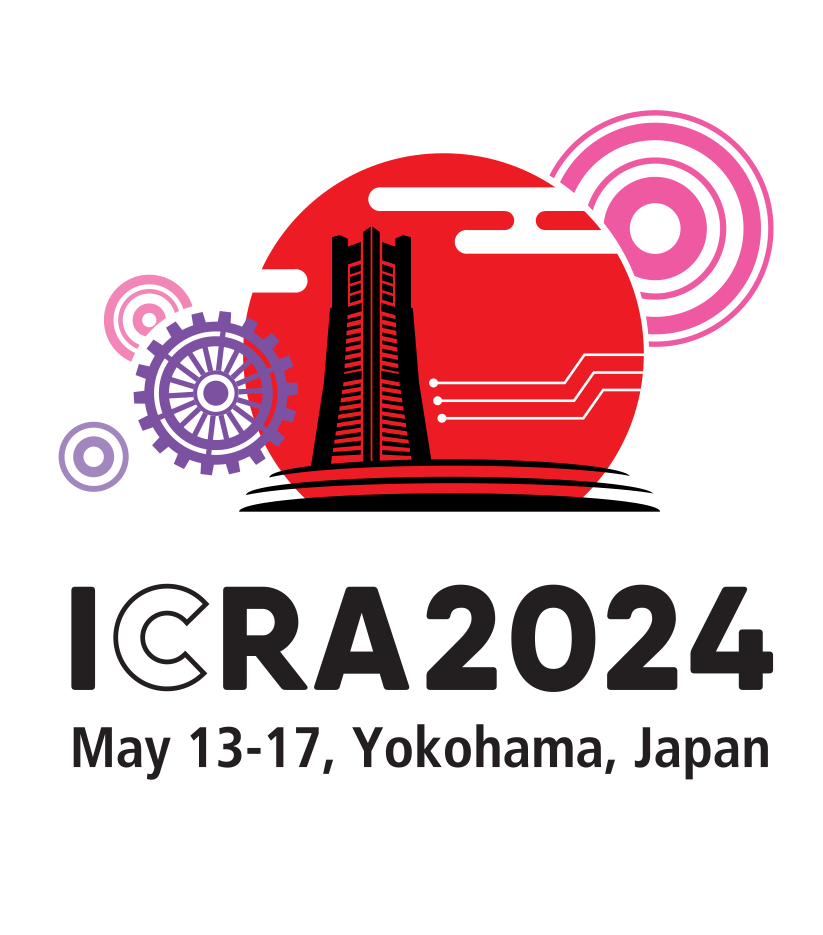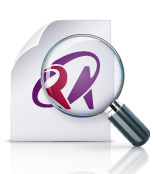RAM Special Issue: Floating-base Manipulation
IEEE Robotics and Automation Magazine seeks articles for a Special Issue on Floating-base (Aerial and Underwater) Manipulation
During the last 20 years, underwater robots have been widely used as a tool for mapping the seafloor using optical and acoustic sensors, with applications to offshore sites inspection, marine geology, underwater archaeology to mention but a few. At the same time, aerial robots are also limited to monitoring and surveillance applications, and research has mainly focused on topics such as perception and navigation. However, a large number of applications exist that go beyond the survey capabilities, and the possibility of manipulating objects with these two challenging technologies could open up an entire set of new applications.
Both underwater and aerial robots are floating-base robotic systems, and this fact makes their control different from classic ground mobile manipulators. From a research perspective, topics and issues such as coordinated control of the whole floating manipulator system, safe interaction with the environment, disturbance rejection, object perception from a floating base, are still important challenges to be solved.
This special issue will provide up-to-date results and novel advanced solutions for floating manipulation, both from the point of view of aerial and underwater fields. In particular, this issue aims to bring together two communities that have so far operated in parallel but without too much interaction, despite the similarities between the two fields.
The topics of interest for paper submissions include, but are not limited to:
- Design of aerial or underwater manipulation systems
- Underwater/aerial hands and grippers
- Mechatronics of manipulators optimized for floating operation
- Coordinated control of floating base and manipulator
- Cooperative control of multiple floating manipulators
- Perception and precise localization for floating manipulation
- Physical interaction of floating base manipulators
- Techniques for assisted remote manipulation
- Learning techniques for floating manipulation
- Motion planning of floating manipulators
- Fault tolerant approaches for floating manipulators
- Any other key enabling technology for floating manipulation
Timeline
15 December 2017 - Deadline for paper submission (Extended: 1 February 2018)
August 2018 - Final notification:
December 2018 - Expected publication:
Submission guidelines
Guest Editors
Matteo Fumagalli, Aalborg University, Denmark
Enrico Simetti, University of Genova, Italy



